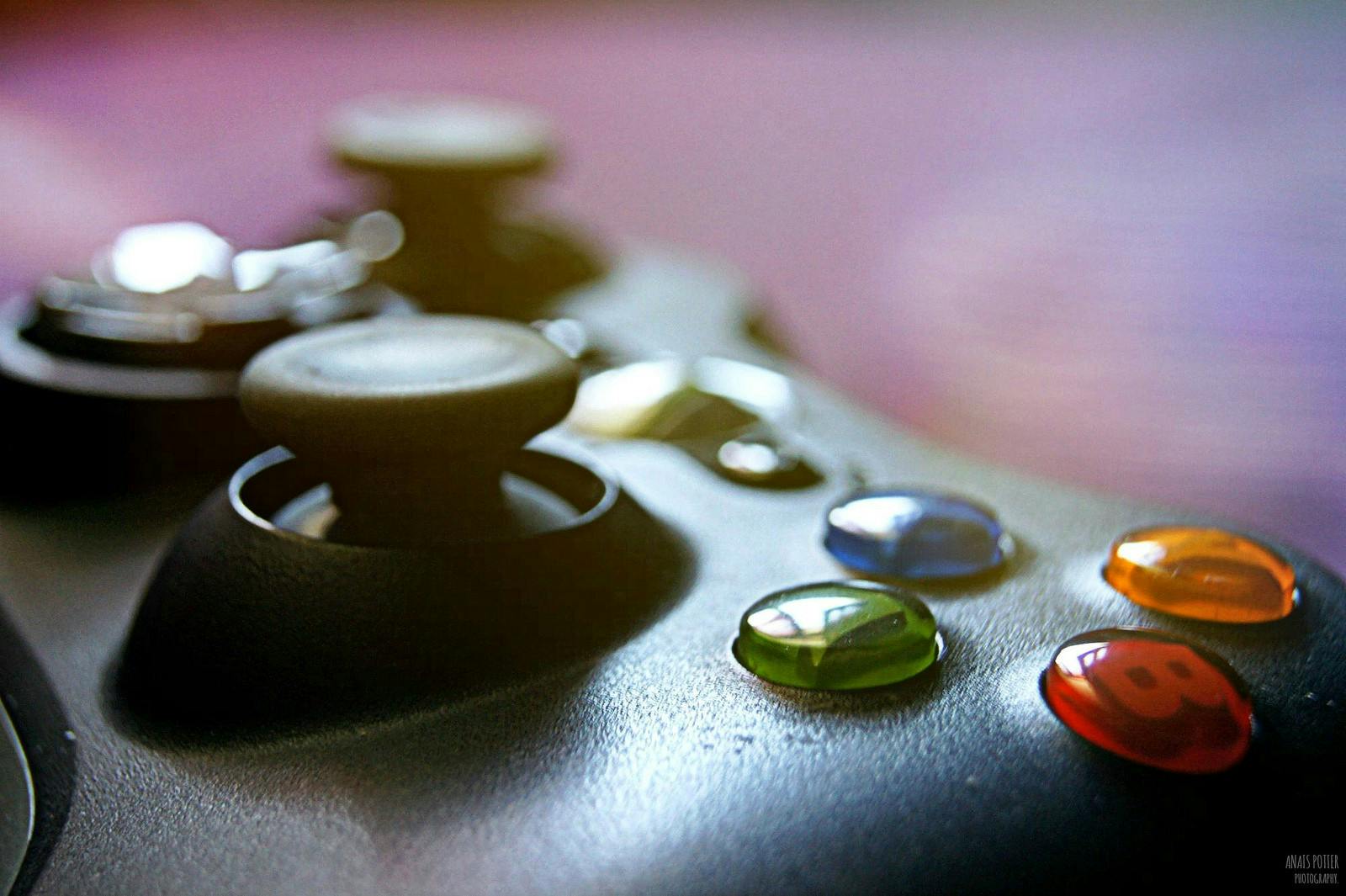2,610 reads
How Gaming Could Drive Cryptocurrency and Blockchain Adoption
by
January 23rd, 2019
I am a researcher and freelance writer interested in new technologies that contribute to the social good
About Author
I am a researcher and freelance writer interested in new technologies that contribute to the social good
